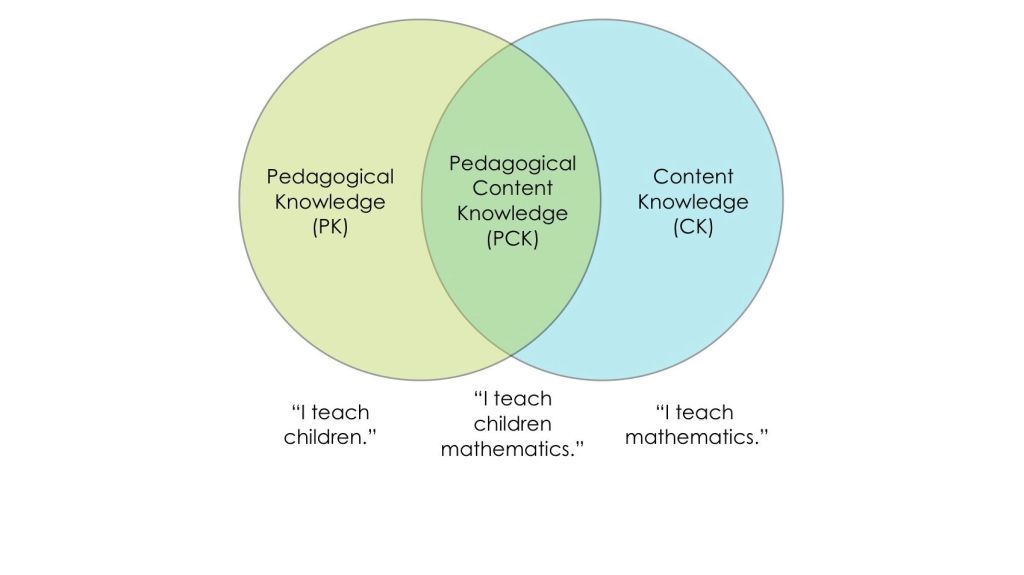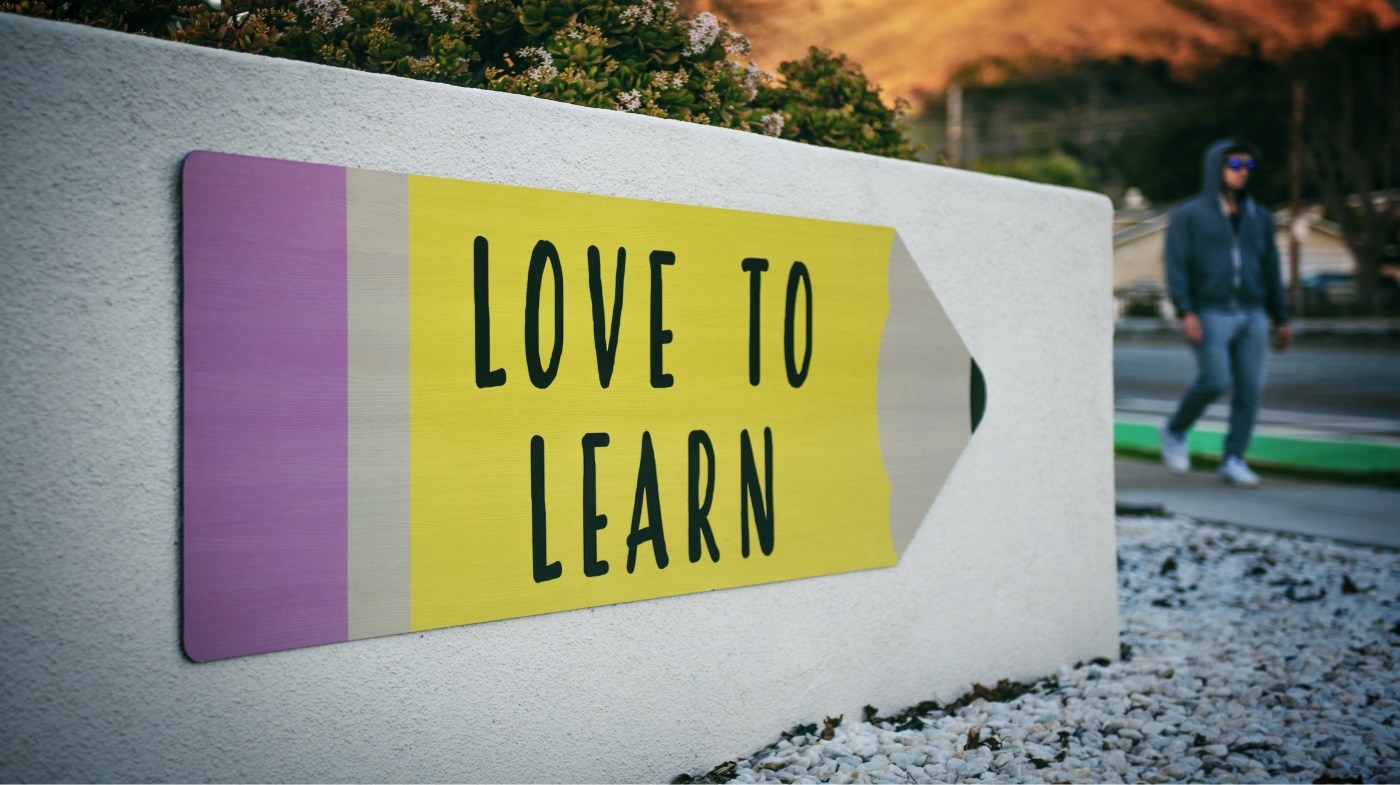There’s a saying that “everyone thinks they are an expert in education because they went to school”. As policymakers propose a suite of actions to address the teacher shortage by attracting, training, and retaining people in the profession, it seems more important than ever that people gain a deeper understanding of the complex work of teachers. In this blog post, I identify some of the key points from a classic paper examining the knowledge and skills required for high-quality teaching.
Subject-matter (or content) knowledge is clearly a necessary ingredient. In a seminal paper ‘Those Who Understand: Knowledge Growth in Teaching‘, Lee Shulman (1986) examined conceptions of teacher knowledge over time. An analysis of a variety of examinations for elementary school teachers in US states in the late 1800s showed that 90-95% of test questions were on subject-matter knowledge assumed necessary for teaching. Some pedagogical knowledge (knowledge of how to teach) was deemed important, for example, a sample question read ‘How do you interest lazy and careless pupils? Answer in full (!)’, but counted for much less.
Roughly 100 years later, Shulman observed that the pendulum had swung to the other side; subject-matter knowledge had essentially vanished from evaluations which instead emphasised assessing prospective educators’ capacity to teach. The lack of focus on content and its role in teaching was so apparent in the research literature that Shulman and colleagues termed it the ‘missing paradigm’ problem.
Shulman identified central questions about content that were missing in the literature of research on teaching, some of which are reproduced below.
- Where do teacher explanations come from?
- How do teachers decide what to teach, how to represent it, how to question students about it, and how to deal with problems of misunderstanding?
- How does a teacher prepare to teach something never previously learned?
- What does a teacher know and how did he or she come to know it?
- How is subject matter transformed from the knowledge of the teacher into the content of instruction?
- How does learning for teaching occur?
All excellent questions.
In seeking to identify the categories of a knowledge base for teaching, Shulman and colleagues closely observed the practices of beginning secondary teachers across a range of subjects as part of their ‘Knowledge Growth in Teaching’ research project. What emerged was a list including content knowledge, general pedagogical knowledge, curriculum knowledge, knowledge of learners, and knowledge of educational contexts. (For the complete list, see Shulman 1987, p. 8.)
Of particular note was the emergence of a new category: pedagogical content knowledge—‘that special amalgam of content and pedagogy that is uniquely the province of teachers; their own special form of professional understanding” (Shulman 1987, p 8). That amalgam is neatly illustrated in the diagram below1.

Two quotes from Schulman underscore the importance of the intersection of the separate knowledge bases:
- “Mere content knowledge is likely to be as useless pedagogically as content-free skill.” (Schulman 1986, p. 5)
- “Pedagogical content knowledge is the category most likely to distinguish the understanding of the content specialist from the pedagogue” (Schulman 1987, p. 8).
In response to the saying that opened this blog post, I paraphrase the second quote to suggest that PCK is the category most likely to distinguish between the ‘true experts’ in education.
Shulman and colleagues set out to construct a conceptual framework of the knowledge base for teaching. They did not intend to catalogue or explicate specific skills and understandings. Fortunately, that work was taken up by Deborah Loewenberg Ball and colleagues in the ‘Mathematics Teaching and Learning to Teach Project’ who, using a similar case study approach, sought to develop a practice-based theory of content knowledge for teaching built on Shulman’s notion of pedagogical content knowledge. That work is described in another classic paper, ‘Content Knowledge for Teaching: What Makes It Special?’, which we’ll look at in the next post. It’s a beautiful paper; I can’t wait to explore it with you!
References
Shulman, Lee S. “Those Who Understand: Knowledge Growth in Teaching.” Educational Researcher 15, no. 2 (1986): 4–14.
Shulman, Lee. “Knowledge and Teaching: Foundations of the New Reform.” Harvard Educational Review 57, no. 1 (1987): 1–23.
[1] I have seen many versions of this diagram online, and haven’t yet identified the original source. This particular image is from https://kstatelibraries.pressbooks.pub/EDCI702/chapter/module-4-the-art-and-science-of-teaching-pedagogical-content-knowledge/.

Thanks amie, interesting read. Look forward to the next exploration.
LikeLike